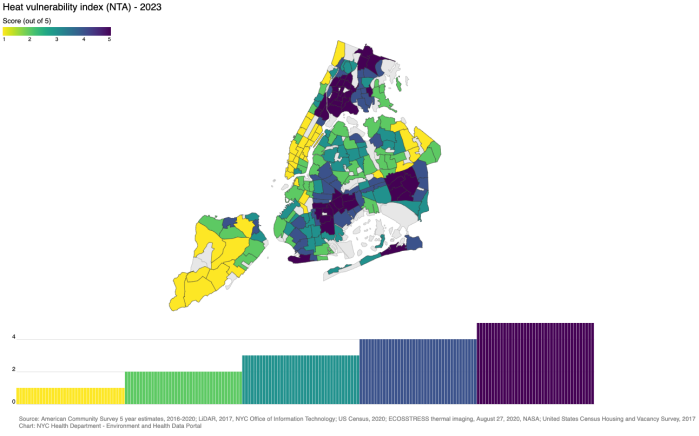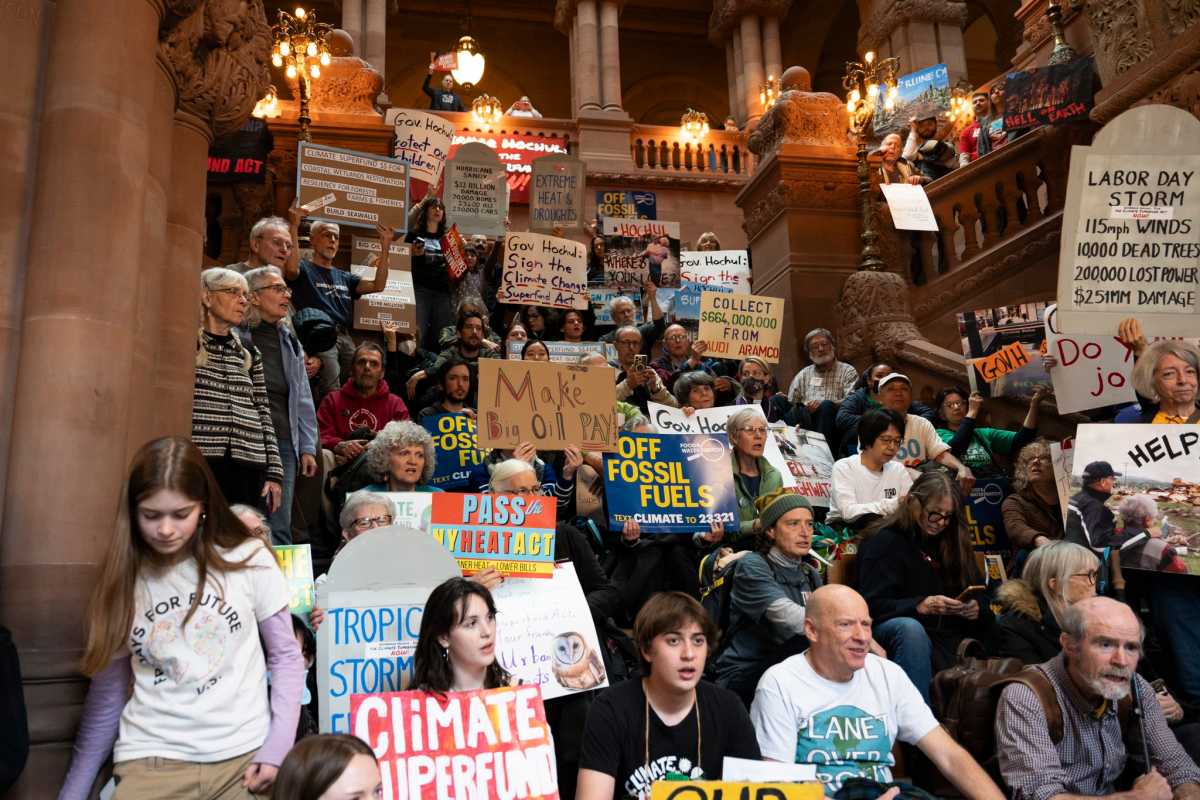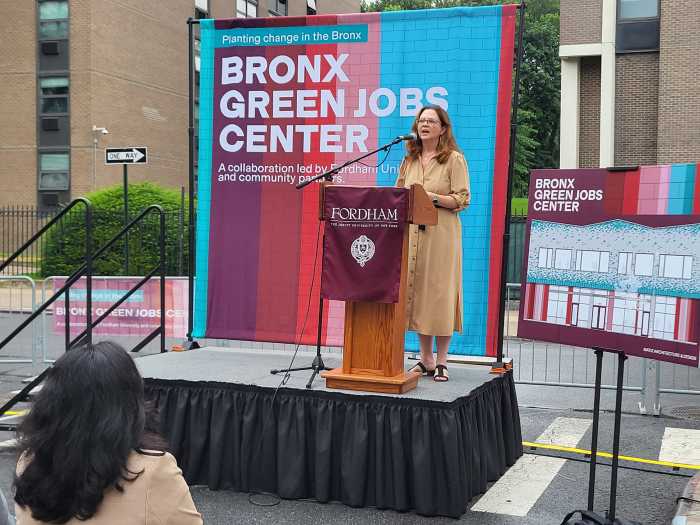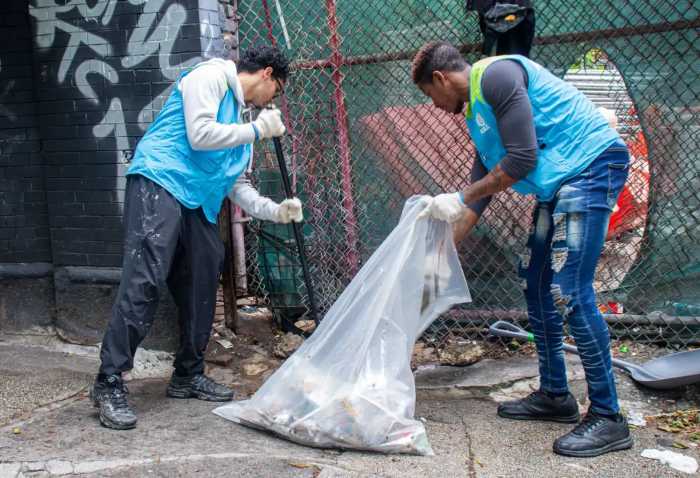Gov. Kathy Hochul signed the Climate Change Superfund Act on Thursday, a bill sponsored by Bronx Assembly Member Jeffery Dinowitz (AD-81) that requires fossil fuel companies to help cover the costs of the harmful impacts of climate change.
The law will collect $75 billion over the next 25 years to fund critical infrastructure and climate resiliency projects like coastal wetlands restoration, stormwater system upgrades and energy efficient public buildings.
“We refuse to let the entire burden of climate change fall on the backs of our taxpayers while Big Oil reaps record profits at the expense of our future,” Assembly Member Dinowitz said in a statement. “The Climate Change Superfund Act is a groundbreaking victory for accountability, fairness, and environmental justice.”
The financial burden on New Yorkers stemming from climate change is significant. For instance, an analysis by the nonprofit New York Public Interest Research Group (NYPRIG), which supports the superfund act, found that the Empire State shelled out $2.2 billion in taxpayer dollars to fund climate-related repairs, resilience, and community protection projects in 2023, costing each household in New York City over $800 in taxes that year.
Lawmakers designed the Climate Change Superfund Act to shift some of that burden onto corporations pumping greenhouse gases into the atmosphere.
The law will analyze greenhouse gases emitted between 2000 – 2018 and assign fines proportionally to fossil fuel companies that contributed the most pollution. Lawmakers chose that window because by the year 2000, the impacts of climate change were so scientifically credible that, “no reasonable corporate actor could have failed to anticipate regulatory action to address its impacts,” according to the legislation.
A minimum of 35% of the money collected by the Climate Change Superfund Act must go towards investments in disadvantaged communities that have been disproportionately impacted by climate change – meaning that many neighborhoods in the Bronx could see significant investments from the fund. Data from the New York City Department of Health showed that in 2023, the Bronx outranked every other borough on the heat vulnerability index, a calculation for community-level risks of heat related impacts.

Environmental advocates in the Bronx have long called for investments in their communities. In September, over a dozen Bronx-based climate justice organizations came together for a town hall, listening to Bronxites concerns about the environment and its impact on their quality of life. Dinowitz was there to talk about the superfund act and how he believes fossil fuel companies should be held accountable.
“They made the mess,” Dinowitz said at the September town hall. “They knew they were making the mess. They hid it, they lied about it, they didn’t do anything about it. Now all we are asking is that they help pay for the cost of cleaning up their mess.”
But despite widespread support from lawmakers and community organizations, many accused Hochul of dragging her feet in signing the bill. On Dec. 10, a coalition of environmental activists descended on Albany, staging a three-day sit-in at the capitol, demanding Hochul sign the bill, which passed the state senate and assembly in in June.
Fred Kowal, President of the union representing SUNY faculty and staff, United University Professions, spoke at the sit-in’s kick off press event on the capitol’s Million Dollar Staircase.
“Polluters must be held accountable for their actions,” Kowal said. “At this moment, the governor can make a historic difference. It’s not about the future anymore, it’s about the present. We can’t put it off any longer. Sign the bill.”




















